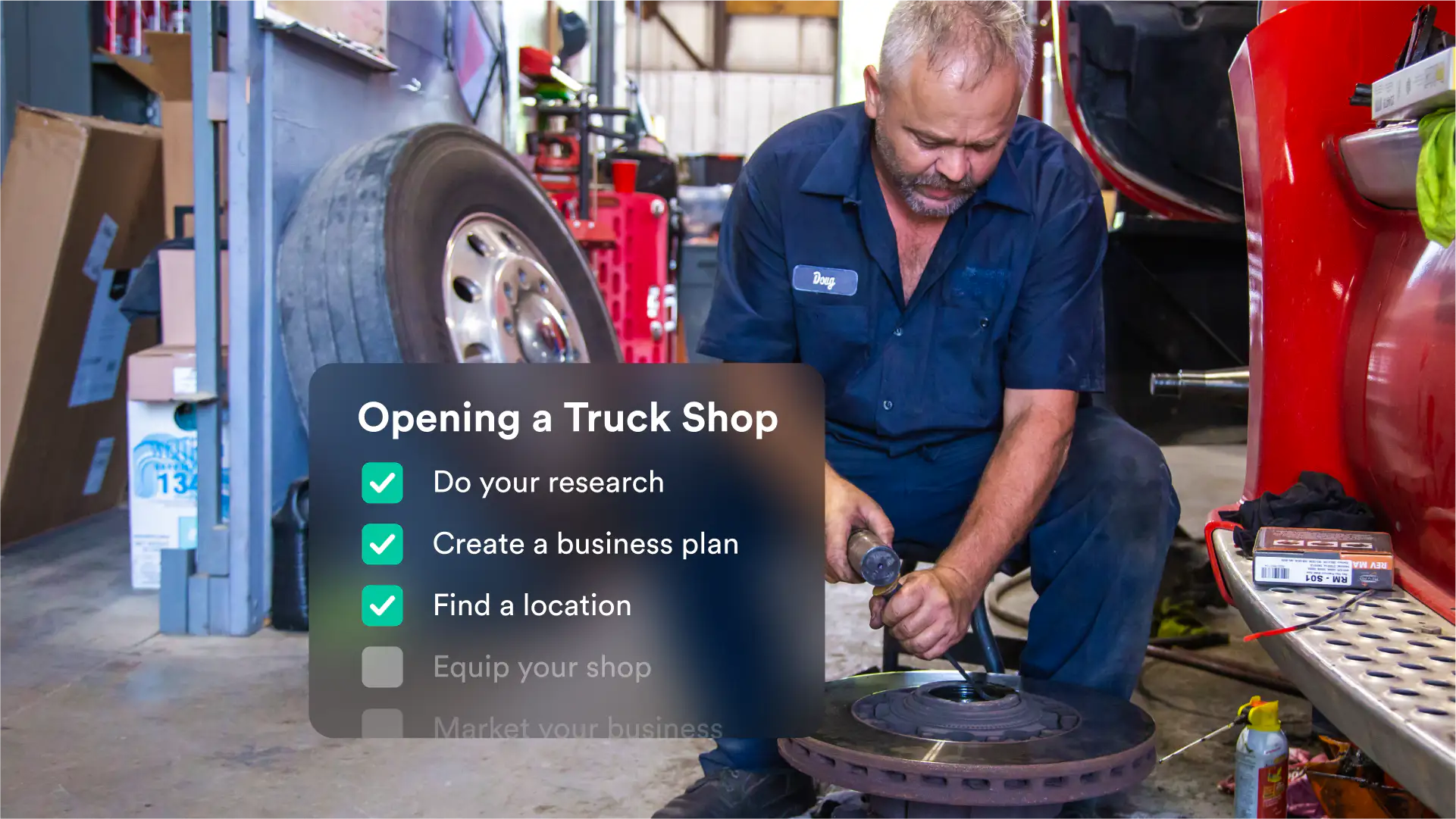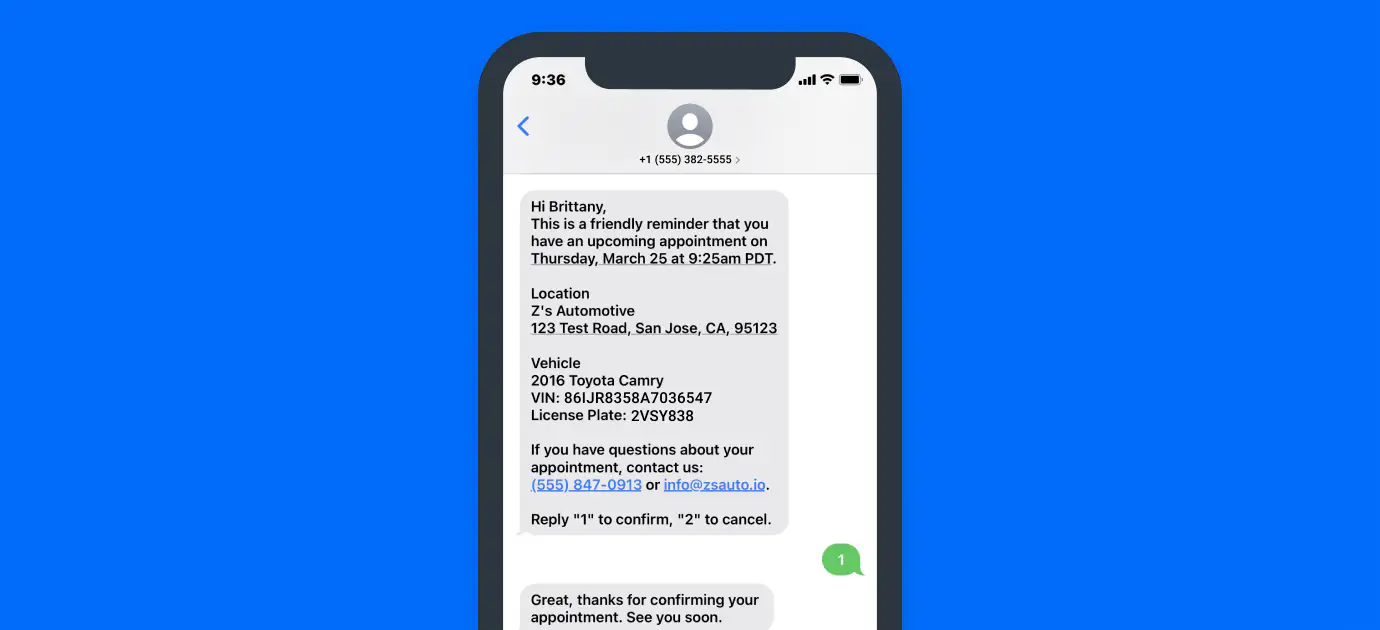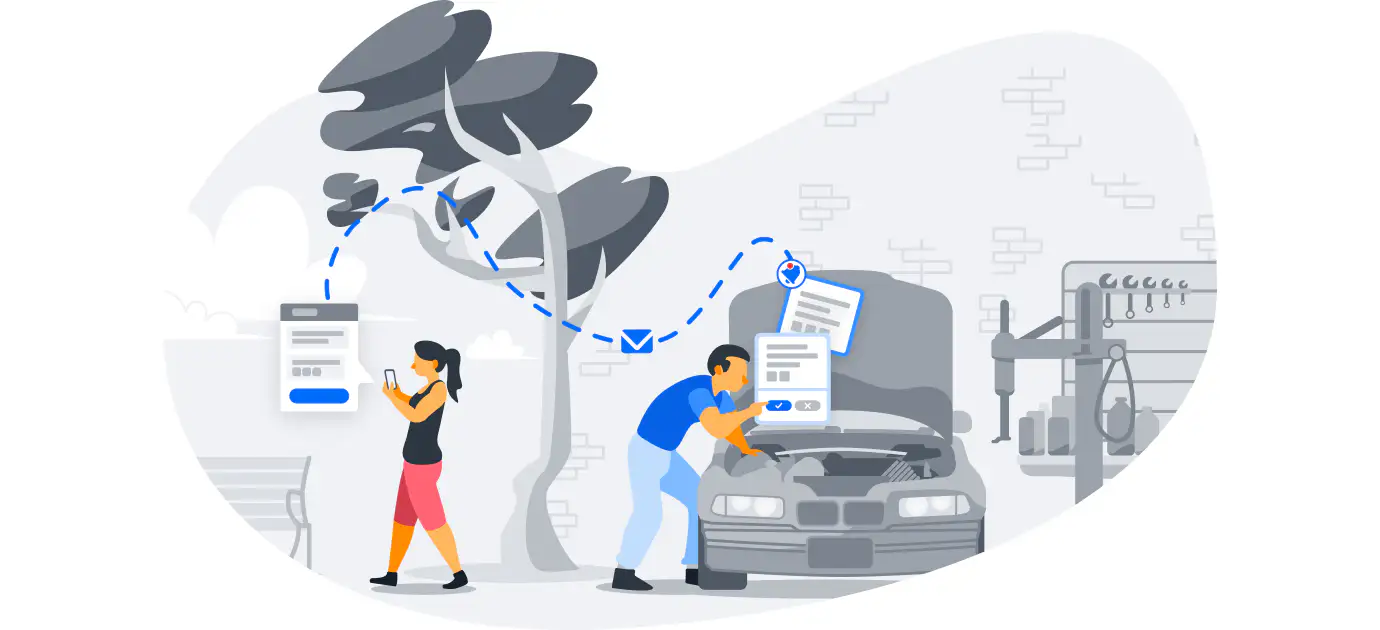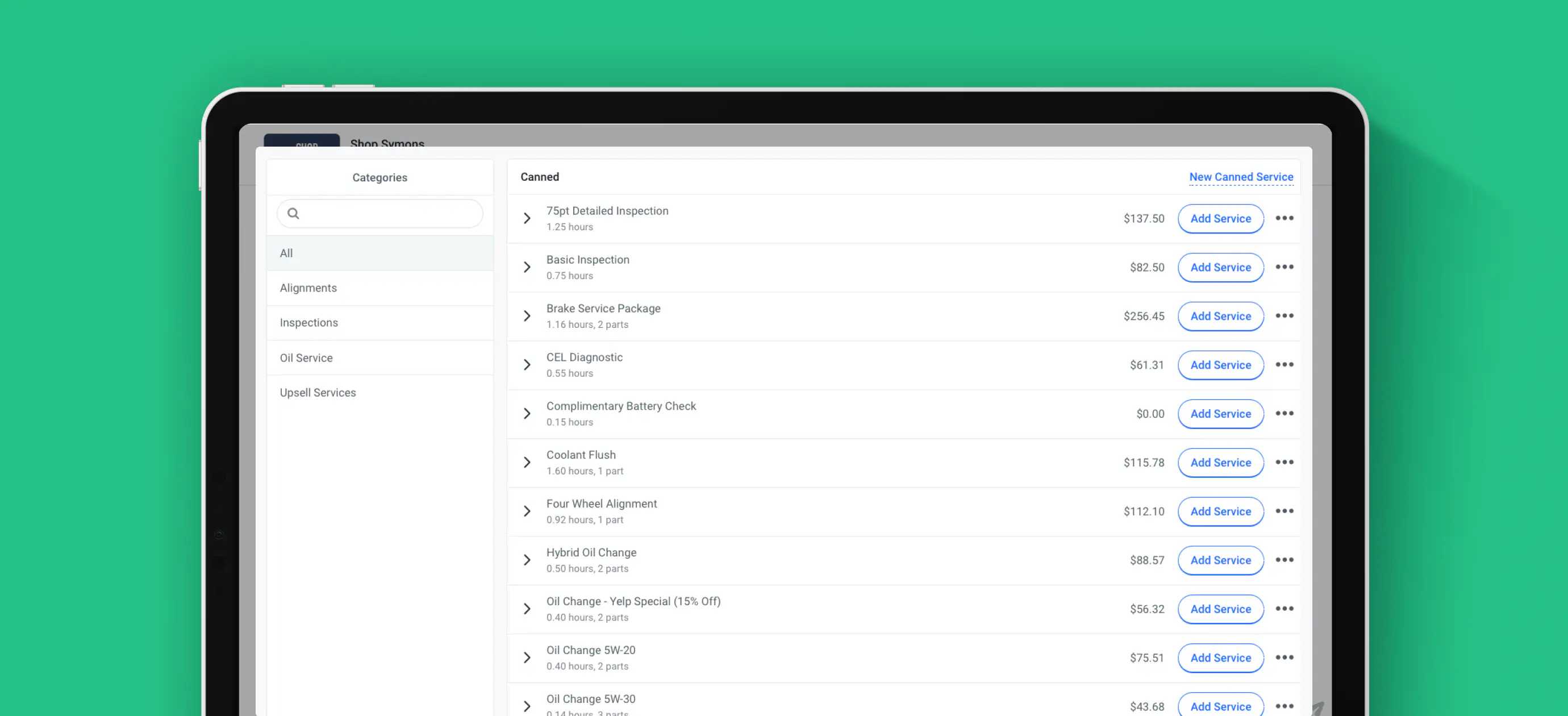There’s nothing like owning your own business. The opportunity to be your own boss, make your own hours, and work how you want to is enough to entice most people to at least consider becoming a business owner. For those that decide to make the move, starting your own truck repair business is one of the most stable, lucrative jobs around.
After all, almost everybody today drives some sort of vehicle, many of which are trucks. Trucks break down, require repairs and maintenance, and keep truck shop owners extremely busy restoring them to top shape for their customers. Plus, trucks generally cost more than cars do, which justifies shop owners charging more to repair them.
So why don’t more people start their own truck repair business? Because it’s not easy to know how to become a truck shop owner, especially for a new business. Nevertheless, by following these steps below, anyone with the passion to become an entrepreneur in this field can start their own business and reap the benefits.
Here are the steps for how to start a truck repair shop:
Do your research
Before you start any business, it's important to do your research and understand the market you're entering. In this case, you'll need to learn about the truck repair shop industry, including the different types of services that are offered, the competition, and the potential customers.
Talking to other truck repair owners provides first-hand insights into the industry. Ask about their experiences, what they've learned, and what they’d do differently if they could.
Reading websites and magazines about the truck repair industry gives you valuable information about the latest trends, technologies, and best practices in this field.
Attending truck repair industry trade shows and conferences is key for learning about new products and services, networking, and staying current on industry news.
Taking online courses can teach you about the ins and outs of the truck repair industry.
Getting hands-on experience working on trucks as a mechanic or apprentice at a truck repair shop will give you the opportunity to learn the trade and see how the business is run.
Create a business plan
A business plan is a roadmap for your business. It will help you define your goals, strategies, and how you plan to achieve them. It's also a valuable tool for securing financing and attracting investors.
Executive Summary — The executive summary is a brief overview of your business plan. It should include your company's mission statement, goals, and target market.
Company Description — This section of your business plan should provide more detail about your company, including its history, products or services, and management team.
Market Analysis — This section of your business plan should analyze the market for your truck repair business. This includes identifying your target market, understanding the competition, and assessing the market potential.
Strategy and Implementation — This section of your business plan should outline your strategy for achieving your goals. This includes your marketing plan, sales plan, and financial plan.
Management Team — This section of your business plan should provide information about your management team. This includes their experience, qualifications, and roles in the company.
Financial Plan — This section of your business plan should provide a detailed financial forecast for your truck repair business. This includes your startup costs, projected revenue, and expenses.
Appendix — The appendix should include any supporting documents for your business plan, such as financial statements, marketing materials, and legal documents.
A well-written business plan is an essential tool for any business owner. By taking the time to create a business plan, you can increase your chances of success. It’s important to be realistic and not overstate financial projections or underestimate costs. You should also ask friends, family, and colleagues to review your plan and give honest feedback. Remember to update it regularly so that as the business changes, your plan does too.
Get the necessary permits and licenses
The requirements for permits and licenses vary depending on the location of your business. Be sure to check with your local government to find out what's required.
Here are some of the most common permits and licenses that you may need to obtain:
Business license: A business license is required to operate any business in most jurisdictions.
Building permit: If you are remodeling or building a new facility, you will need a building permit.
Zoning permit: You will need a zoning permit to ensure that your business is in compliance with zoning regulations.
Health permit: A health permit is required to ensure that your business meets health and safety standards.
Fire permit: A fire permit is required to ensure that your business meets fire safety standards.
Environmental permit: If your business will generate any hazardous waste, you will need an environmental permit.
In addition to these permits and licenses, you may also need to obtain insurance for your business. This includes general liability insurance, property insurance, and workers' compensation insurance.
By obtaining the necessary permits and licenses, you can protect yourself from legal liability and ensure that your business is operating in compliance with all applicable laws and regulations.
Find a location
The location of your truck repair shop is important. You'll want to choose a location that is convenient for your customers and has easy access to traffic.
Accessibility — You'll want to choose a location that is easy for customers to get to. This means choosing a location with good visibility and access to major roads.
Space — You'll need enough space to accommodate your customers' trucks, as well as your equipment and staff.
Zoning — Make sure the location is zoned for commercial use.
Cost — Consider the cost of rent, utilities, and other expenses when choosing a location.
Equip your shop
You'll need to purchase or lease the necessary equipment for your truck repair shop. This includes things like lifts, tools, and diagnostic equipment.
However, some of the most common pieces of equipment include:
Vehicle lifts: Vehicle lifts are essential for getting under trucks to perform repairs. There are a variety of lifts available, so you'll need to choose one that is the right size and weight capacity for your needs.
Hand tools: A good set of hand tools is essential for any mechanic. Make sure to have a variety of tools on hand, including wrenches, screwdrivers, pliers, and sockets.
Power tools: Power tools can make many repairs faster and easier. Some of the most common power tools for truck repair include drills, saws, and impact wrenches.
Diagnostic equipment: Diagnostic equipment is used to scan trucks for codes and troubleshoot problems. Some of the most common diagnostic equipment includes scan tools and code readers that help with digital vehicle inspections (DVIs).
Safety equipment: Safety equipment is essential for any mechanic. Make sure to have a variety of safety equipment on hand, including gloves, goggles, and a hard hat.
In addition to these basic pieces of equipment, you may also need to purchase specialized equipment for specific repairs. For example, if you plan to do engine work, you will need an engine hoist. If you plan to do brake work, you will need a brake lathe.
The cost of equipment can vary depending on the type and quality of equipment you purchase. However, you can expect to spend several thousand dollars on equipment for a basic truck repair business.
Also, equipping a shop isn’t limited to hardware. An end-to-end software solution for heavy duty and truck repair shops will be essential for scheduling, creating estimates, customer messaging, payment processing, team management, and so much more.
By investing in the right equipment — both hardware and software — you can save time and money in the long run. Good quality equipment will last longer and perform better, which can lead to increased productivity and efficiency.
Hire qualified employees
You'll need to hire qualified mechanics to work in your truck repair shop. Be sure to check their references and make sure they have the experience and skills necessary to do the job.
Create a job description and post it online. Your job description should include the following information:
The position title
The duties and responsibilities of the position
The qualifications required for the position
The salary range
The benefits offered
Screen applicants carefully. Once you have received applications, you will need to screen them carefully. This includes reviewing their resumes, cover letters, and references. You may also want to conduct phone interviews or in-person interviews.
Check references thoroughly. It is important to check references thoroughly before making a hiring decision. This will help you to ensure that the applicant is qualified for the position and that they have a good work ethic.
Offer a competitive salary and benefits package. In order to attract and retain qualified employees, you will need to offer a competitive salary and benefits package. This may include health insurance, dental insurance, vision insurance, 401(k) plan, paid time off, and sick leave.
Provide training and development opportunities. Once you have hired qualified employees, you will need to provide them with training and development opportunities. This will help them to stay up-to-date on the latest technologies and techniques.
Create a positive work environment. A positive work environment is essential for employee retention. Make sure that your employees feel appreciated and valued.
Market your business
Once your truck repair shop is up and running, you'll need to market it to potential customers. This can be done through a variety of channels, such as online advertising, print advertising, and word-of-mouth.
Create a website and online presence. Your website should be informative and easy to use. It should include information about your services, hours of operation, and contact information. You should also make sure your website is optimized for search engines so that potential customers can find you easily.
Use social media. Social media is a great way to connect with potential customers and build relationships. Make sure you have active accounts on popular social media platforms like Facebook, Twitter, and LinkedIn. Share informative content, photos, and videos about your business and the services you offer.
Get involved in the community. Get involved in local events and organizations. This is a great way to build relationships with potential customers and show them that you're a part of the community. You can sponsor local events, donate to local charities, or volunteer your time.
Advertise in local media. Advertise in local newspapers, magazines, and online directories. This is a great way to reach a large audience of potential customers.
Offer discounts and promotions. Offer discounts and promotions to attract new customers. This could include coupons, free estimates, or loyalty programs.
Provide excellent customer service. Excellent customer service is essential for any business, but it's especially important for a new business. Make sure you go above and beyond to meet the needs of your customers. This will help you build a reputation for quality and customer satisfaction.
Provide excellent customer service
Customer service is essential for any business, but it's especially important in the truck repair industry. Trucks are essential for businesses, so when they break down, it can be a major disruption. By providing excellent customer service, you can build a loyal customer base that will keep coming back to you.
Overall, starting a truck repair shop can be a rewarding business venture. But it also takes a lot of hard work and, more importantly, planning. By following the steps outlined above, you can get your own truck repair shop up and running. But there’s no getting around doing your homework, researching the field, and creating an actionable business plan.
Next, you’ve got to get the required licenses and permits to operate. Logistical concerns come next, like finding a location and getting equipment and employees. Lastly, marketing is a never-ending concern that you’ve got to use. The good news is it directly translates into paying customers, which will keep your business around for a while.




